10 Questions About the Brain That Still Can't be Solved
Why does an artificial intelligence usually recognize a face more slowly, while a human recognizes her friend immediately? Did you know that the speed of electrical currents in the brain is 100 million times higher than the speed of signals in computers? Our brain is full of such strange secrets...
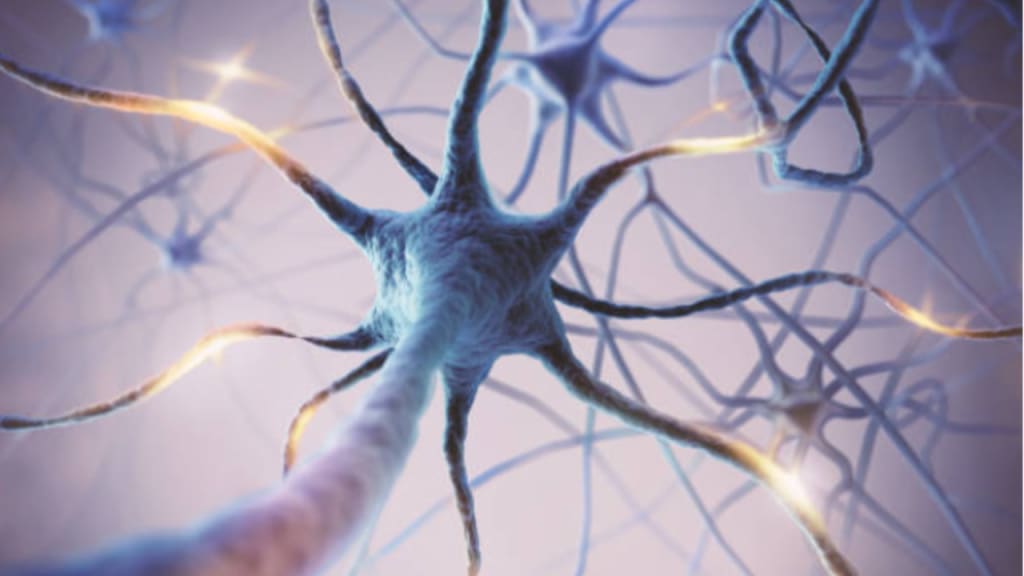
1) How is information encoded in neurons?
One of the most complex processes of the brain is the encoding of information. In this process, neurons in the brain, that is, nerve cells, create an electric current outside their membranes. These electric currents reach extensions called "axone" and allow the necessary chemical signals to be released. Through these currents, information about what is happening around us is transferred to our brain.
2) How are memories stored in the brain and remembered again?
When we learn something new, such as a person's name, a number of physical changes occur in the structure of the brain. However, we still cannot understand what kind of changes are, where they occur, how the information is stored, or how it is remembering and brought up again after many years.
3) How is the brain predict the future?
We often have some plans and predictions about the future. We think about how the future will be shaped. There is a shape in our brain about the future. However, it isn't understood how the brain makes this future simulation yet. How can the brain make predictions about the world?Scientists are still looking for the answer to this.
4) What is the emotion?
The brain isn't just an organ that accumulates information. It is also an organ that contains emotions, motivation, fears and hopes. All of these are actually things that happen subconsciously.
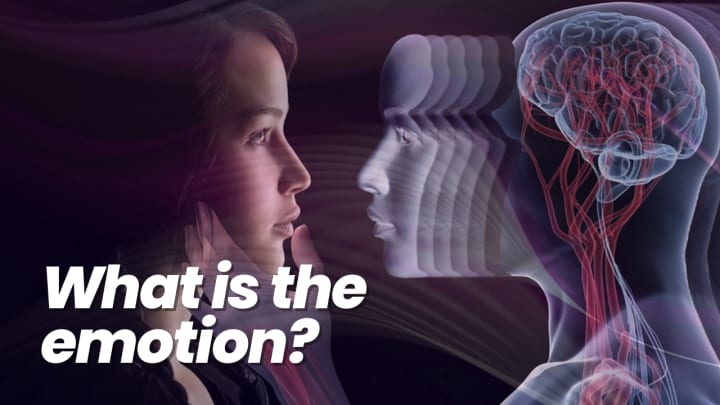
For example, the part of the brain related to emotions can react to nervous faces even without seeing those faces. The external exposure of emotions between cultures is actually similar to each other. In fact, as Darwin observed, the expression of basic emotions is a similar situation in all mammalian living things.
5) What is the intelligence?
Intelligence is defined in different ways, but it isn't known what intelligence means from a biological point of view yet. How do billions of neurons work together to activate information? How is unnecessary information deleted from the brain? What happens in the brain when two terms fit together and we find a solution to a problem? Do smart people store information in a separate area of their brain that is easy to remember?
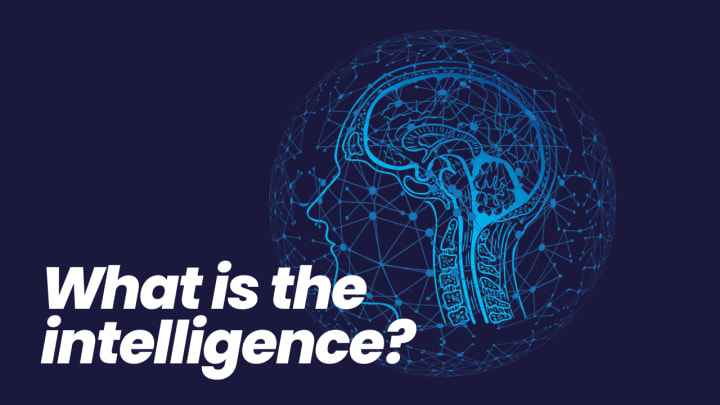
Scientists still have very little information about the basic functioning of brain functions and the connections between neurons. However, intelligence is thought to be related to many regions of the brain. The difference of the human brain from other living things are still investigated.
6) How is the brain perceive time?
When we are applauded and we are flick our fingers, we hear its voice first, or we see its movement?
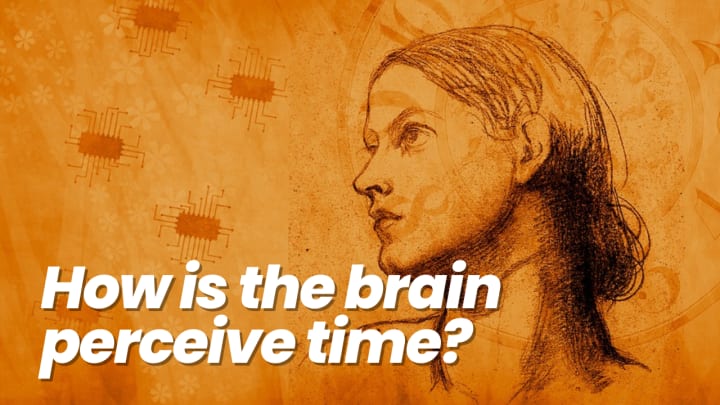
Although, the ability to hear works faster than the ability to see, it feels like the image and sound are happening at the same time. That is the brain tricks us by creating the feeling that all things are happening at the same time. In this case, we can well understand that the brain is playing with time.
7) How we are sleeping and have a dream?
We spend a third of our time sleeping. We spend a third of our time sleeping. According to research, sleeping little causes disorders in the nervous system. When living things sleep a part of the brain also sleeps, but the functioning of sleep is still unknown. It is known that neurons are extremely active during sleep.
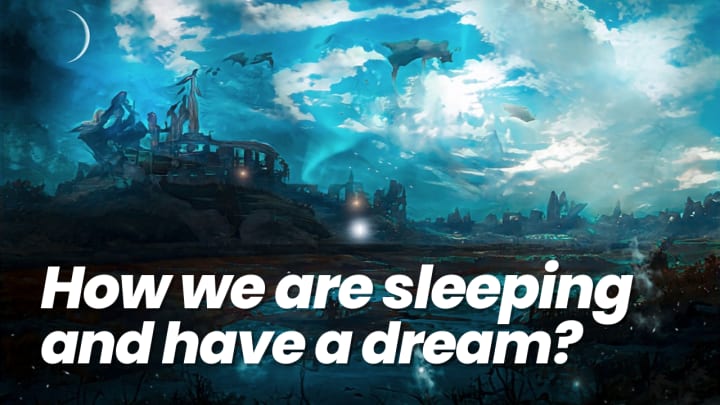
In addition, sleeping before solving an important problem is also thought to be important in terms of solving that problem. It is stated that regular sleep also increases the learning capacity.
As a result, thanks to sleep, the brain is able to store the necessary information and disqualify unnecessary information.
8) How is the brain connect systems that are apart?
When analyzed with eye, every region of the brain looks the same. However, when we measure their activity and function, we see that different information is recorded in all neuron region.
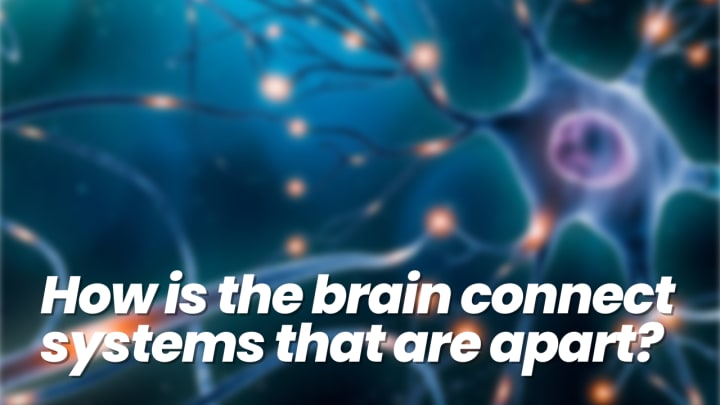
For example, there is a variety of information about movements, faces, corners and colors in areas related to eyesight. We can liken the brain of an adult person to a map of the world, on which there are several countries. There are brain networks of within the brain related to smell, hunger, pain, goal setting, temperature, prediction and many other topics. These systems, despite their different functions, integrate with each other and cooperate very well.
9) What is the conscious?
Think about your first kiss. It never comes out of your memory. Alright, where was the memory before being conscious of this experience?
In modern science the conscious is one of the most important unsolved secrets. The conscious isn't a single phenomenon. Alright, what is it? The conscious is related to which systems in the brain. Scientists have no idea about this either. According to the research carried out so far, probably a group of active neurons in the conscious is again within communication. It is also emphasized that the mechanism underlying of the conscious may be related to molecules or cells.

Perhaps, the conscious is formed by the interactions of these systems. Scientists are trying to detect which regions of the conscious it is related to.
About the Creator
Selen Kurtoglu
The Industrial Engineer. Wonders, researches, reads and writes. Scientific and interesting technology share stories.
Enjoyed the story? Support the Creator.
Subscribe for free to receive all their stories in your feed. You could also pledge your support or give them a one-off tip, letting them know you appreciate their work.






Comments
There are no comments for this story
Be the first to respond and start the conversation.